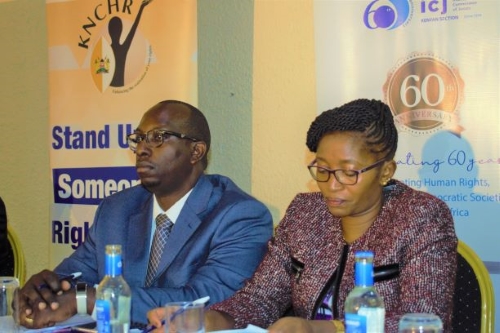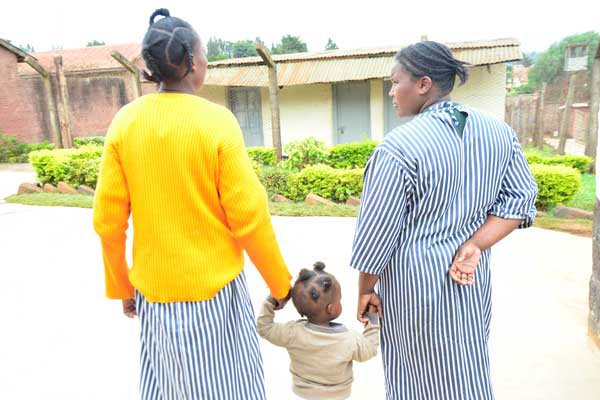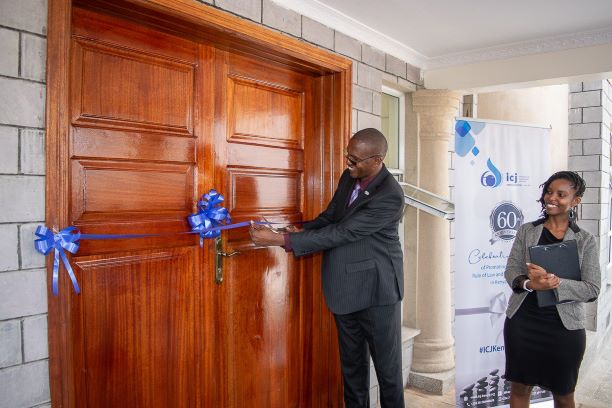By Sarah Nyakio
Seven out of 10 inmates in the country are petty offenders with the lowest case determination rates, the Annual Criminal Justice Conference was told on Tuesday, May 21, 2019.
According to the audit on Criminal Justice System in Kenya report, 28,768 charges prosecuted in 15 Kenyan courts between the 2013 and 2014 were petty offences.
One of the most poignant findings was that a staggering 75 per cent of all prison inmates were young poor people charged with petty offences and state regulated offences.
Petty offences are misdemeanours such as loitering, drunk and disorderly, causing a disturbance or nuisance, vagrancy laws, prostitution and laws dealing with possession of marijuana. Essentially, these laws are colonial relics that were meant to subjugate Africans and criminalize poverty, homelessness and unemployment.
Speaking during the conference High Court judge Grace Ngenye who is also the chairperson of the Criminal Justice Reform committee of the National Council of Administration of Justice said this category of inmates
experiences the lowest rate of case determination.
“Most of the offenders cannot afford bond terms and hence remain in custody.” She said.
The laws on petty offences are biased against the poor, giving enforcers the authority to determine the future of the accused, besides giving room for violation of their rights and promotion of corruption.
Approximately 10 women are arrested every day in Nairobi on suspicion of loitering in a manner likely to suggest that they want to engage in prostitution.
The Executive Director NANHRI Gilbert Sebihogo said the criminal justice systems are overburdened, overcrowded with a high number of pretrial detainees amongst them petty offenders, deplorable conditions of detention, presence of children accompanying their mothers and modest budget allocations from the national budgets.
“Laws that criminalize petty offences subject millions to languish in dilapidated detention centres which have an adverse socio-economic impact and health consequences on detainees and their families,”
Decriminalization of petty offences will ensure that penal laws and enforcement of criminal laws comply with human rights standards. Petty offences that satisfy all legal requirements can be reclassified into non-arrestable offences with the option of using alternatives to penal prosecutions and using restorative/traditional justice methods to deal with these offending behaviours.
Police spokesman Charles Owino said decriminalizing petty offences would improve the relationship between the police and the public.
The conference was organized by ICJ Kenya, NANHRI and KNCHR in order to deliberate on a multi-sectoral approach to criminal justice reforms in Kenya and the region.
Jacob Ondari from the Office of the Director of Public Prosecutions said the DPP had developed plea bargain as one of the means of addressing case backlogs in courts.
In March 2019, the ODPP commenced the “All for Justice Campaign”. The process involved a comprehensive case review exercise with the primary objectives being to enhance the expeditious disposal of petty offences cases.











